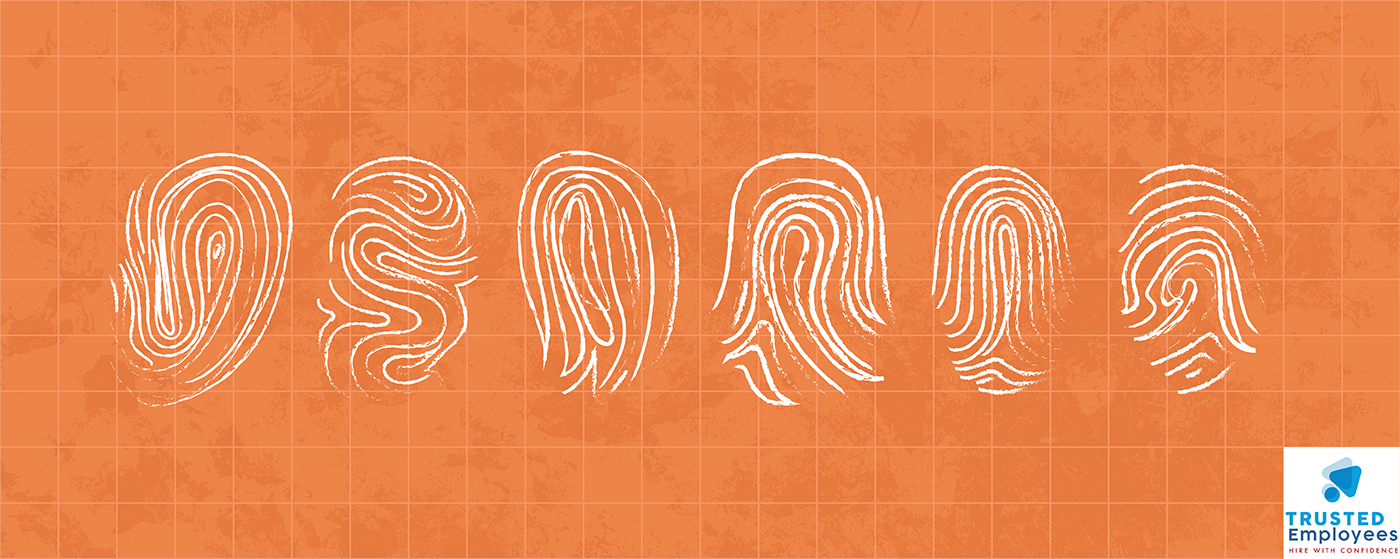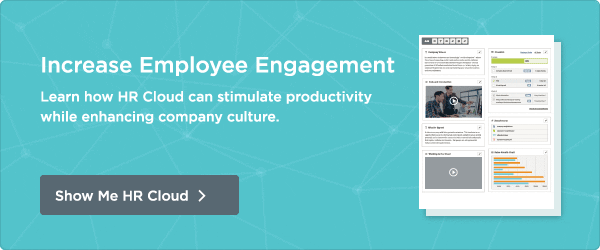What Benefits Can An FCRA Background Check Give You?



 Cut onboarding time
by 60%—here's the
Ultimate Checklist
that helped do it.
Cut onboarding time
by 60%—here's the
Ultimate Checklist
that helped do it.

An FCRA background check ensures that employees know their rights through the process of a background check. FCRA, which stands for Fair Credit Reporting Act, is a federal law that ensures that consumer information is accurately reported and adheres to certain standards of privacy per a consumer’s personal rights. The FCRA is a requirement for every type of background check.
It can be difficult for employers to keep up with FCRA regulations, in part because they can shift and change over time and from state to state. The hiring manager or recruiter is responsible for ensuring that employee rights are protected.
What are some of the rights that the FCRA covers?
There are many rights that the FCRA focusses on in the interest of consumer protection. The FCRA ensures that an employer receives signed consent from the employee or applicant before a background check is undertaken. It also makes sure that reporting agencies keep all personal information up to date so that employers don’t end up with outdated information that could ruin the applicant’s chance at employment.
The FCRA law also ensures that the consumer is able to access their own information on request. If an employer then wants to deny employment based on what they find, they must provide a specific type of notification that allows the applicant to dispute the findings if they find the denial unjust.
How does the FCRA process work?
Before a screening is conducted through an agency, the FCRA ensures total compliance between the employer and the employee. The hiring organization must be transparent and clear with the applicant about the type of investigation they are about to undertake, as well as the reasons behind it. They must also elucidate the exact type of searches that are to take place---for instance, credit checks, criminal background checks, etc.
In other words, they must clearly justify the reasons behind the background check as well as acknowledge the employee’s rights pertaining to the search.
What should employers do ahead of an FCRA search?
Employers are required to be completely clear about their intent to run a search, share details about the search with employees, and get consent from them before any steps are taking. For recruiters, this may seem like an uncomfortable thing to ask for, but the process typically works well when everything is transparent from the start.
Employers should also have a clear idea about what is meant by “Adverse Action Notice Requirements,” a detailed process which involves sending a series of documents notifying the employee of every phase of the search. Not following this can result in big lawsuits, so it’s important that companies have HR professionals on hand to make sure FCRA instructions are accurately followed.
Employers and recruiters should also have a clear idea about “Ban-the-Box” law, which is now employed in several states. This law prevents employers from including questions about criminal histories on job applications.
How do FCRA regulations benefit employers?
Despite the fact that they may seem time-consuming at first, criminal background checks have many benefits, including:
- Ensuring clear communication between the applicant and employer right from the start
- Ensuring that the right candidate is hired
- Confirming a range of professional and educational details
- Facilitating trust between the applicant and hiring organization
- Learning more about a person’s history and honesty in various situations (not just employment)
- Keeping the integrity and trust of your current employees
FCRA background checks for employment are beneficial for both employers and potential employees. They demonstrate that the employer is acting in a lawful and respectful way towards the applicant. By respecting their rights and following rules from the start, employers send a message of respect to would-be and current employees.
An FCRA-based background check also helps to protect employers from inaccurate information and potentially wrongful legal suits. It helps both parties confirm and certify their rights, as well as confirm compliance and transparency on both sides.
In addition, the FCRA ensures that organizations have national standards to follow when doing background checks on all employees. When you have a standard set of processes, you set a precedent that your employment checks are not based on race or other forms of discrimination.
The FCRA helps to ensure that employers are allowed to conduct the appropriate types of back background checks for their industry or company without the risk of hiding anything from the employee. It also helps to ensure that information found in the background checks are correct and up-to-date, thereby protecting organizations from possible liability suits.
HR Cloud is a leading developer of HR software & HRMS solutions for business with a focus on effective employee engagement. Founded in 2012, our HRIS empowers teams to easily onboard new hires, manage employee data, create a company social network and support employee development.

Keep Reading
A Guide to Integrating Employee Engagement Platforms with ADP Canada
A recent report by the Canada Human Resource Center revealed that 60% of Canadian
A Closer Look at HR Cloud-ADP Integrations
ADP is the gold standard for payroll and core HR management. But if you’ve ever tried to
The Future of Time Off and Absence Management: HR Cloud and ADP WFN
Leave management is a mess these days. Keeping track of PTO, sick days, and all the other
Like What You Hear?
We'd love to chat with you more about how HR Cloud® can support your business's HR needs. Book Your Free Demo

Build a Culture of Recognition. Boost Engagement. Guaranteed.
Workmates empowers employees to stay informed, connected, and appreciated—whether they’re on the front line, in the office, or remote. Recognition drives 12x higher engagement.Trusted by industry leaders in every sector




Cut Onboarding Costs by 60%.
Take the confusion and follow-ups out of onboarding with automated workflows, digital forms, and structured portals—so new hires ramp faster 3X quicker.Trusted by industry leaders in every sector





